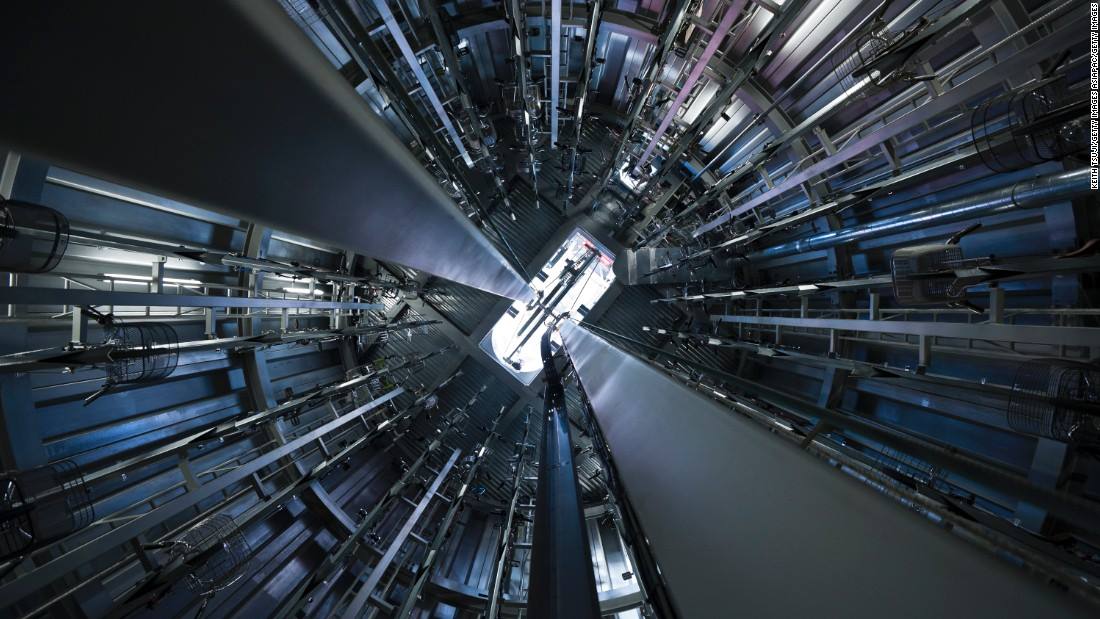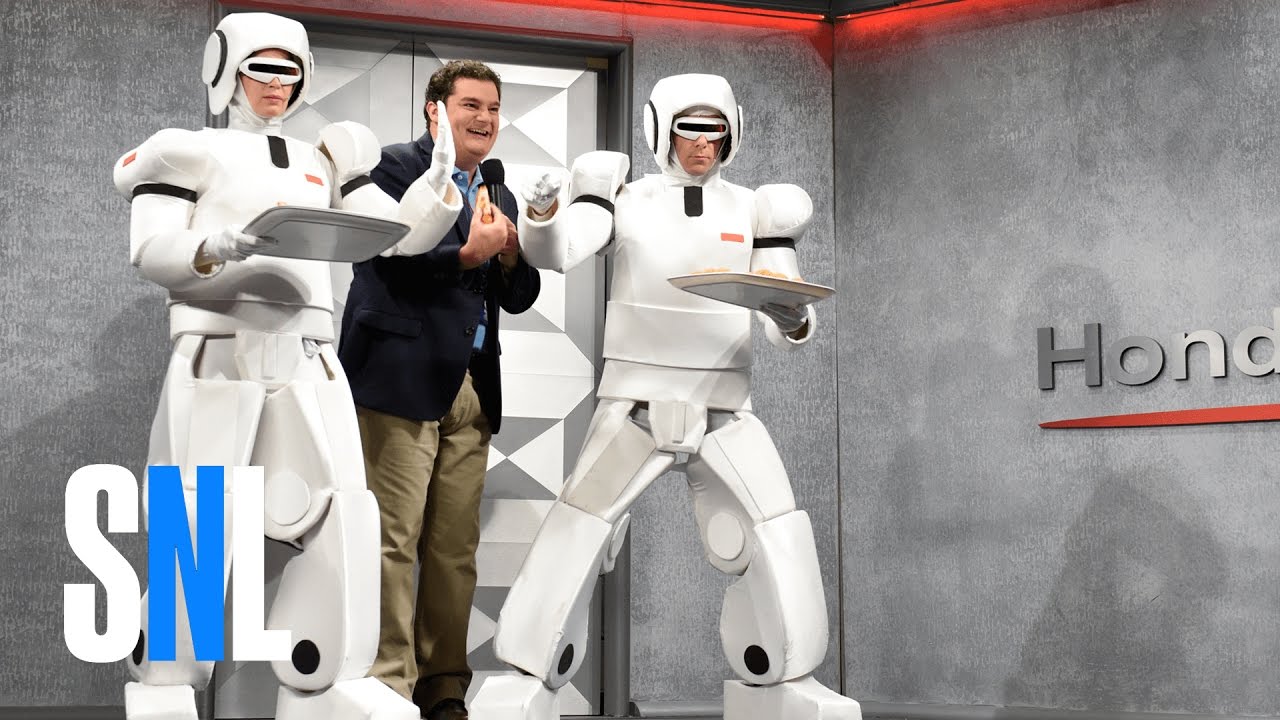Oct 19, 2016
Program good ethics into artificial intelligence
Posted by Aleksandar Vukovic in categories: ethics, robotics/AI
Concerns that artificial intelligence will pose a danger if it develops consciousness are misplaced, says Jim Davies.
Concerns that artificial intelligence will pose a danger if it develops consciousness are misplaced, says Jim Davies.
The Mars lander touched down late on Wednesday night but was emitting no signal, ground controllers have announced. It was not known whether the craft was intact.
“The lander touched down, that is certain,” Thierry Blancquaert, manager of the European Space Agency’s “Schiaparelli” lander told AFP.
“Whether it landed intact, whether it hit a rock or a crater or whether it simply cannot communicate, that I don’t know.”

In Tokyo, you can park your bike in underground vaults, and retrieve it in just 8 seconds. http://cnn.it/2evfkBL

The REAL danger of AI… wink
Robots (Emily Blunt, Mikey Day) meant to deliver food repeatedly malfunction during a presentation.
Russian biophysicist Alexei Karnaukhov wants to stop our natural aging process with the help of gene therapy, and he successfully completed the first part of his experiment to increase longevity.
NASA is offering $1.1 million in prize money in Phase 2 of the 3D-Printed Habitat Challenge for new ways to build houses where future space explorers can live and work.
The three-part competition asks citizen inventors to use readily available and recyclable materials for the raw material to print habitats.
Phase 2 focuses on the material technologies needed to manufacture structural components from a combination of indigenous materials and recyclables, or indigenous materials alone. NASA may use these technologies to construct shelters for future human explorers to Mars. On Earth, these same capabilities could also be used to produce affordable housing wherever it is needed or where access to conventional building materials and skills is limited.
Continue reading “NASA Offers Prize Money for 3D-Printed Habitat Ideas” »
The new method could play a key role in helping scientists take carbon dioxide out of the air to fight climate change.
CRISPR Therapeutics—a Swiss startup hoping to harness the gene-editing technology it’s named after to develop treatments for genetic illnesses like sickle-cell anemia and cystic fibrosis— went public today (Oct. 19), raising $56 million in its initial public offering. It’s the third CRISPR-related biotech to IPO this year despite a pitched battle over who owns the patent to the breakthrough technique.
The market for CRISPR (short for “clustered regularly interspaced short palindromic sequences”) is projected to be worth more than $5.5 billion by 2021, nearly double its current value, according to research firm MarketsandMarkets. The potential of the cheap, easy-to-use technology—which could do everything from creating a mushroom that doesn’t brown to curing cancer by cutting and pasting snippets of DNA—has companies rushing to develop new applications even though no one knows who will ultimately control it.
“It’s a race,” says Fabien Palazzoli, head of biotech intellectual property (IP) analytics for the consulting firm IPStudies. “It’s a race for the IPO, for the scientific results, for the FDA recommendation, for the IP.”
